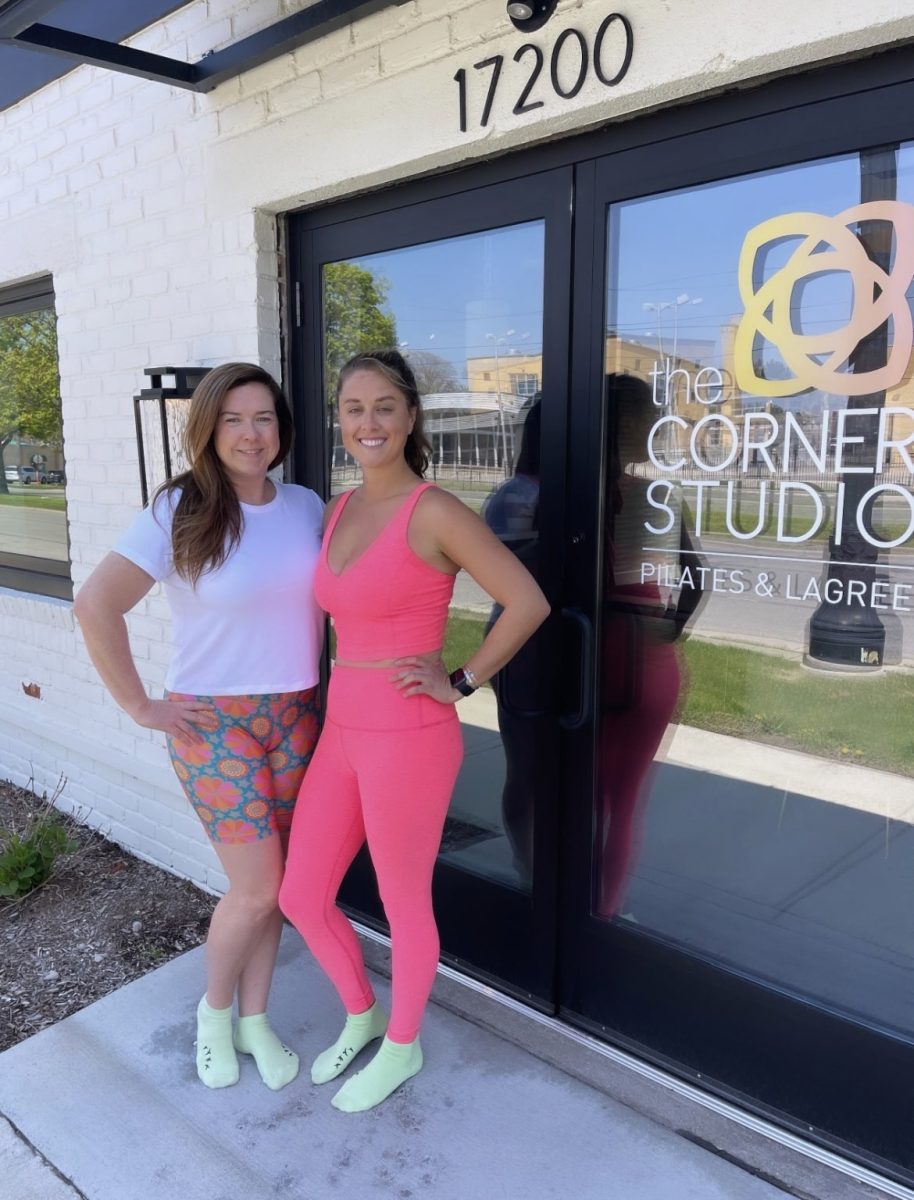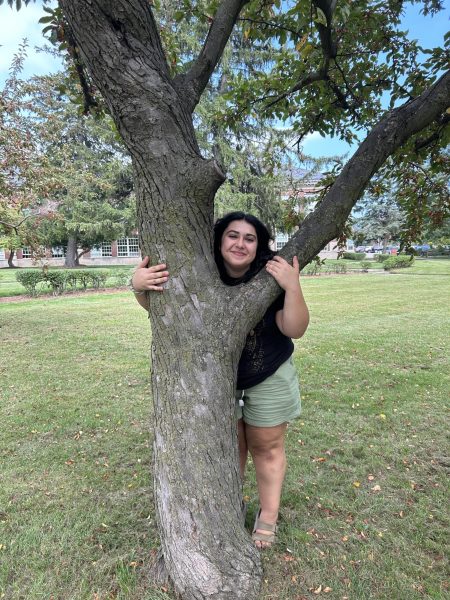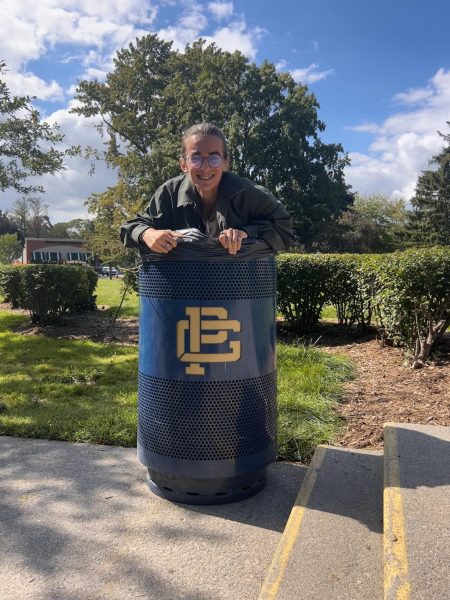In an age of increasing nationwide strife throughout the United States, extreme political views among teenagers are becoming increasingly common. Many critique youth’s views, citing a lack of experience and the time to develop those perspectives, and that they are instead developed by their parents themselves. This calls back to Francis Galton’s 19th-century phrase “nature vs. nurture,” regarding the influence of human nature and parental upbringing on a person’s social advancement and values as a person.
“As I was growing up, both of my parents were conservative,” Cayden Schindlbeck ’24 said. “This definitely had a profound impact on my beliefs before I had any form of research, as I was biased to trust my parents to make sound and informed decisions politically.”
Schindlbeck defines himself as a “right-leaning libertarian” who nonetheless identifies with a fair amount of “left-leaning ideals.” He has pieced together his political viewpoint mostly from his parent’s ideologies, but after recent nationwide political shifts, he’s gotten to enhance his perspective by speaking with his parents, who now fall into different places on the political spectrum.
“As a child, there were a few values that were driven into me that I strive to follow,” Schindlbeck said. “Do something right or not at all, treat others the way you wish to be treated and face adversity instead of being turned off by it.”
On a “nature” or “nurture” binary, Schindlbeck considers himself a more politically “nurtured” student. Ghost Lindsay ‘25 said they consider themself to be more “natured”.
“I do understand that I grew up in a whole liberal household with a bunch of people who were very supportive,” Lindsay said. “I think ‘nurture’ definitely has a big role in (students’ political beliefs), but I’ve also heard of so many stories of people who grew up in very conservative households who became liberal because of it.”
As the future grows ever closer, so does Generation Z’s ascent into leadership roles and political positions of power. Perhaps even more monumental for the common citizen is the grapple of parenting. Government teacher and father Andrew Taylor finds that kids develop their ideologies mostly on their own accord.
“My grandfather, I think he was moderate,” Taylor said. “I knew he worked in the auto industry, so he cared about unions, but I don’t know whether he voted Democrat or Republican;for Ronald Reagan or Bill Clinton”
Aside from his personal experiences, Taylor holds a unique perspective on politics due to his intense education and deep knowledge of U.S. government. Part of South’s government curriculum surrounds the idea of “nature v. nurture” in student political views.
“A lot of kids don’t know what their parents believe and they often perceive them wrong,” Taylor said. “When researchers have asked parents what their beliefs are, and what kids think their parents’ beliefs are, about a third of the time they don’t match up.”
As they mature,Taylor said he finds that students’ observations of the world now are far more impactful than political discussions over dinner .
“The more common factor tends to be the events that happen between when you’re 15 and 25,” Taylor said. “Those events stick with you your whole life. (For example), whether you think COVID was handled well or not is going to shape your view of government for a very long time.”
Opposite to Taylor, father and Grosse Pointe Farms City Council member Neil Sroka said she finds his parenting is crucial in the values and ethics held in his child and is the core foundation to her as a person.
“I don’t think you can teach your child about the world without sharing what you value,” Sroka said. “Ultimately, your child is going to develop their own set of values and politics based on those values.”
To Sroka, part of a parent’s job is teaching children about how the world works. It is unavoidable to be unbiased, as a person’s perception of what is important is shaped by their own experiences.
“Part of teaching your kid about the world is teaching them that others may not agree with your beliefs,” Sroka said. I think it’s even more important to teach kids to listen thoughtfully and be curious about how others see the world.”













































































